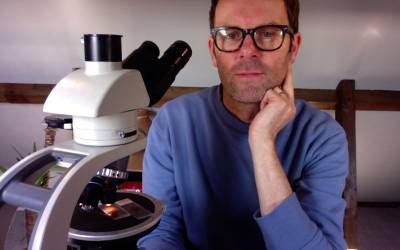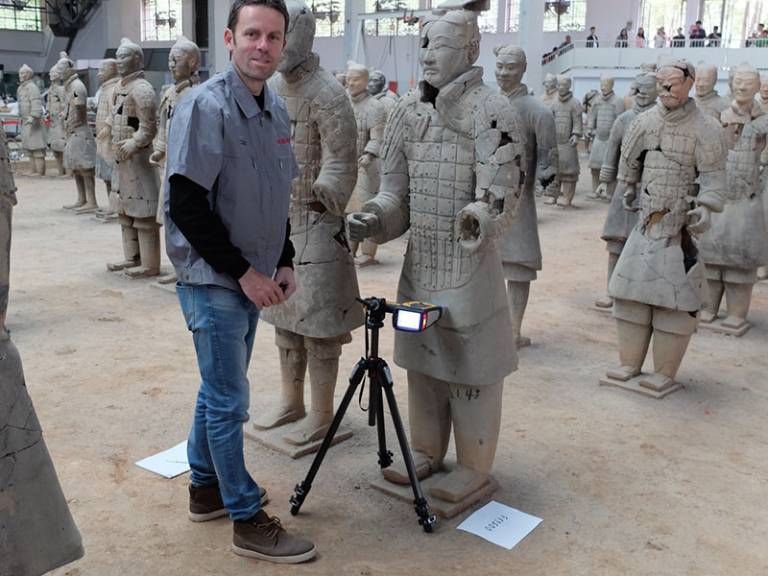Contact
- patrick.quinn@ucl.ac.uk
- Address
-
University College London
31-34 Gordon Square
B17
London
WC1H0PY
#FotIoA
Faces of the IoA - Patrick Quinn


Analytical Services,Training & Research
- Ceramic Petrography Analytical Service
- Intensive Course on Ceramic Petrography & Geochemistry
- PlaCe-ITN (MSCA Innovative Training Network)
- Archaeomaterials Research Network
- Imperial Logistics: The Making of the Terracotta Army
- Late Prehistoric Hunter-Gatherer Ceramic Production and Distribution
- Pyramidal Stone Anchors of the 1st century BC Mediterranean
- Skatepark Heritage Research Group
 Close
Close

